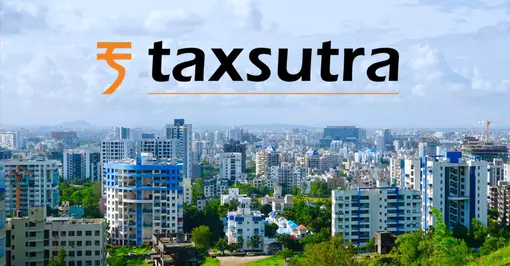Indian Tax Tribunal holds entering extended warranty contract for Bentley Cars does not constitute DAPE
The Indian Income Tax Appellate Tribunal (ITAT) has dismissed the Revenue’s appeal and holds that the assessee company (an exclusive dealer of Bentley Cars in India) does not constitute a dependent agent of Car Care Private Ltd.

The appeal was dismissed on the ground that privity of contract for an extended warranty is between the assessee and its customers, in which CCPL has no role to play. The factual position emerging on record was not effectively controverted by the Revenue.
The ITAT upholds the Commissioner of Income Tax (Appeals) (CIT(A)) order deleting the entire disallowance made for the non-deduction of tax withheld, by holding that the assessee is not obligated to deduct the tax withheld on the remittances made to CCPL as the assessee is not a dependent agent permanent establishment (DAPE) of CCPL, thus there is no income chargeable to tax in India.
The ITAT notes that the assessee was subject to scrutiny for assessment year 2016-17 (equivalent to financial year 2015-16), whereby the Revenue observed that the assessee has remitted INR 37.5 million towards extended warranty payments to CCPL, upon which no tax was withheld by the assessee on the basis that CCPL is a non-resident corporation having no business connection or any PE in India.
The Revenue noted that the assessee entered into a contract for an extended warranty with Indian customers and acts as a conduit and secured orders for an extended warranty on behalf of CCPL, thus it concluded that the assessee is a dependent agent of CCPL and held that the amount remitted to the CCPL towards extended warranty is taxable in India through the PE, thereby making the assessee liable to deduct the tax withheld, failing which disallowed INR 37.5 million.
The CIT(A) held that the assessee was not a dependent agent of CCPL as it has its own independent status, thus there being no income chargeable to tax in India at the hands of CCPL, the assessee was not obliged to deduct tax withheld on the said remittances to CCPL and deleted the entire disallowance. On the Revenue’s appeal, the ITAT observes that the extended warranty is an additional feature provided to customers as an option, and there is no compulsion for customers to buy an extended warranty. It further observed that if the customer chooses to take an extended warranty, the assessee purchases such warranty from CCPL, a Bentley recommended company, and the consideration received from the customer towards the extended warranty is remitted to CCPL after retaining part of it.
The ITAT also observes that the extended warranties are in the nature of security and assurance to customers against any kind of defect/repair after the lapse of the original warranty and purely optional in nature. The ITAT finds that while entering into a contract for an extended warranty, though the assessee purchases such warranty from CCPL at a particular price, it independently negotiates the price with customers. The ITAT points out that the assessee can buy an extended warranty from anyone, subject to the availability of original Bentley spares and accessories. Further, the ITAT observes that sales invoices raised by the assessee to Indian customers towards an extended warranty are in its own name and do not mention the name of CCPL. It emphasizes that the privity of contract is between the assessee and Indian customers, in which CCPL plays no role.
Thus, the ITAT notes that the aforesaid factual position could not be effectively controverted by the Revenue through proper evidence. In the absence of any material to the contrary brought on record by the Revenue, the ITAT therefore opines that the assessee cannot be construed as a DAPE of CCPL and upholds the CIT(A) order.